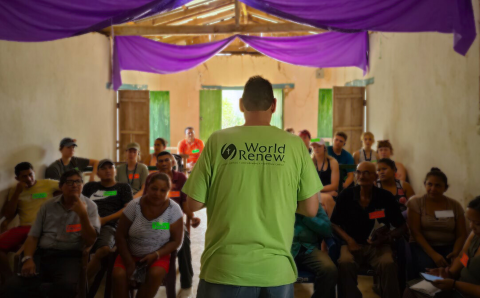When our pastor prays, he uses the word “Lord” or “Father God” in nearly every sentence, sometimes more. I think we should talk to God like we talk with a good friend. Is it wrong for me to be annoyed by this?
While “friendship” captures an important aspect of our relationship with God (in Isaiah 41:8, for example, Abraham is spoken of as God’s friend), the relationship is better described in familial terms. In the Lord’s Prayer we are taught to pray to “our Father in heaven” (Matt. 6:9). The plural pronoun reminds us of our union with Christ. As the only begotten Son, he is the only one with the right to call God “Father.” But what Christ possesses by nature he gives to us by grace (John 1:12). In prayer, we speak to God as Father (“Abba, Father”) and Christ as our elder brother from whom we learn to live in trust, obedience, and love.
The stunning familiarity of this address is balanced by the phrase “in heaven.” Remembering that God is in heaven respects the distance between our ways and God’s ways, our thoughts and God’s thoughts (Isa. 55:8). To pray after this pattern is to pray in a way that acknowledges God’s fatherly heart toward us alongside our smallness, short-sightedness, and sinfulness.
What this looks like in practice may vary, and prayer becomes more complicated when it becomes public. Public prayer has an important function in corporate worship: putting a congregation’s concerns into words, orienting the things we care about, and presenting our requests to God (1 Tim. 2:8). Yet public prayer is always in danger of becoming performative, where phrases intended to express familiarity or respect (“Father God”) seem like nothing more than vocal fillers. We should not be too hard on those who pray publicly unless their spirit reflects that of the religious leaders of Jesus’s day (Matt. 6:5).
The great comfort is that even when our language feels repetitive or empty, God hears the prayers of God’s people and joins them to the groans of the Spirit, too deep for words (Rom. 8:26).
About the Author
Justin Ariel Bailey is assistant professor of theology at Dordt University. He, his wife, and their two children are members of Covenant Christian Reformed Church in Sioux Center, Iowa.









